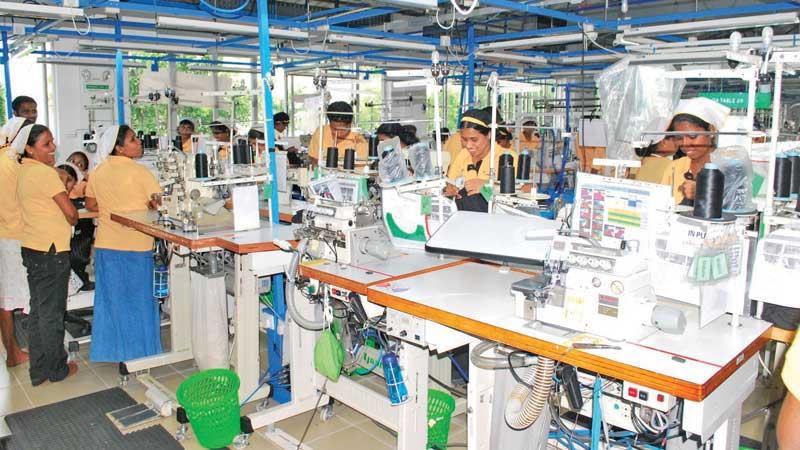
Sri Lanka is working with Indonesia to get fabric needed for its apparel sector in order to continue to use facilities under GSP plus, when exporting to the EU region. Sri Lanka along with Indonesia has submitted a joint application co obtain the European Commission’s (EC) approval in order to comply with the GSP+ Rules of Origin for apparel exports.
The apparel sector, which accounts for over 60% of exports to the EU, has a serious difficulty in complying with the GSP+ Rules of Origin due to the “double transformation requirement.
Apparel is by far the biggest export to the EU. Given that the Rules of Origin under GSP Plus requires fabric to be sourced from Sri Lanka or from an area that qualifies for regional cumulation in order to qualify for GSP Plus, there will be an increase in demand for fabric sourced from Sri Lankan fabric mills, Actg. Addl. Director General of Commerce Department of Commerce, Nimal Karunathilake told a seminar in Colombo on Monday.
Lack of fabric originated in Sri Lanka has been a cause for a lower level of utilization in apparels. In order to overcome this drawback at least to some extent, the Department of Commerce and the Joint Apparel Association Forum (JAAF) have been working on the Cross-regional Cumulation (with Indonesia) and Extended-Cumulation (with South Korea) facilities, Karunathilake told a seminar on Sri Lanka’s Exports to the EU: Impact of GSP plus’ in Colombo.
He added, “We are also looking at the possibilities of getting fabric sourced from South Korea and submitting a joint submission to European Commission for approval. However, South Korea doesn’t have the legislation to certify the country of origin for extended cumulation.”
He said the apparel sector is a massive job creator in Sri Lanka and the has been resilient and showed significant results over the years improving rural economies and empowering women; these are some of the biggest economic indicators.
Sri Lanka’s apparel industry is ethical, green and clean and it has important inclusive growth dimensions, both in terms of geographical coverage across the country and in terms of women empowerment.
Minister of Development Strategies and International Trade Malik Samarawickrama said, with the resumption of GSP+ in 2017, the value of Sri Lanka’s total exports to the EU market in 2018 has recorded a growth of 5%, from 2017. With GSP plus concessions, the country’s export sector has done better.
There has been impressive export growth in the months following the re-gaining of GSP+ in 2017, Sri Lanka’s exports to the EU have since then increased by over 20% until now. Fisheries exports have literally doubled in the first year since the removal of the fish ban and regaining GSP+.
Other notable growth sectors include clothing (apparel), tea, tyres, gems as well as motor vehicle parts and footwear.
The earning from the garment exports to the EU increased by 9 5% in May 2019 on a year to year basis. GSP+ grants duty free access to the EU market for Sri Lankan products on 66% of the EU tariff lines representing about 6,000 products.
The EU and SL have strong and long-lasting economic, trade and investment relations and EU is Sri Lanka’s largest trading partner with 16% of total trade in 2018, before India (4.2 billion euro) and China (3.9 billion euro).
The EU is by far Sri Lanka’s main export destination with nearly 30% of the total exports going to Europe, a value of 2 8 billion air, ahead of the US with 2 4 billion euro.
